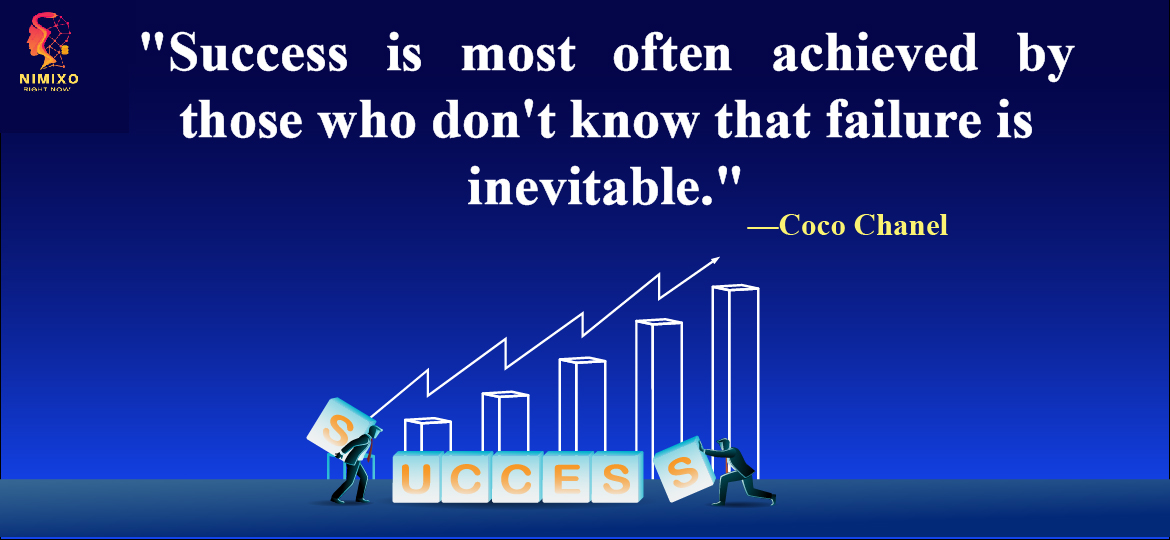The Unwavering Pursuit of Success: Ignoring the Inevitability of Failure
Success is a concept that often elicits a mix of emotions in people—hope, determination, excitement, and sometimes, fear. The fear of failure can be paralyzing for many individuals, causing them to hesitate, procrastinate, or even avoid pursuing their goals altogether. However, some of the most remarkable achievements in history have been accomplished by those who embraced the idea that failure is not inevitable but rather a stepping stone toward success.
The Courage to Begin
Imagine if everyone started to believe that failure was an insurmountable obstacle. Many of the world’s greatest inventions, discoveries, and innovations might never have come to fruition. Thomas Edison, the inventor of the light bulb, famously said, “I have not failed. I’ve just found 10,000 ways that won’t work.” He understood that each attempt brought him closer to his goal.
The key is to begin the journey towards success with unwavering courage and enthusiasm, not with the expectation of failure, but with the belief that each setback is a valuable lesson on the path to achievement.
Embracing Persistence
Walt Disney, a pioneer in the world of animation, faced numerous failures before he found success with Mickey Mouse. His first animation company went bankrupt, and he was even told that he lacked creativity. Yet, he persisted, and his relentless pursuit of his vision led to the creation of a global entertainment empire.
Success often demands resilience in the face of adversity. Those who achieve their dreams are not immune to setbacks, but they refuse to let failure define their journey. Instead, they use it as a catalyst for growth and innovation.
Learning from Mistakes
One of the most potent ways to view failure is as a teacher. Each setback provides an opportunity to gain valuable insights, hone skills, and refine strategies. The aerospace industry’s triumphs, such as the moon landing, were possible because engineers learned from past failures and continually improved their designs and processes.
By analyzing what went wrong and making necessary adjustments, individuals and organizations can turn failure into a powerful tool for continuous improvement.
Redefining Success
Success should not be narrowly defined by traditional standards. Often, it’s not the absence of failure that defines success but the willingness to embrace a broader perspective. Many entrepreneurs and leaders have experienced business failures only to later create thriving enterprises that revolutionize industries.
The realization that success is not solely contingent on avoiding failure opens up new possibilities and encourages creative thinking.
In the pursuit of success, it’s essential to embrace the mindset that failure is not inevitable but a natural part of the journey. Many of history’s greatest successes were achieved by those who refused to let the fear of failure hold them back. They began with courage, persisted through adversity, learned from their mistakes, redefined success, and inspired others along the way.
So, remember that success is not a destination but a continuous journey. Approach it with enthusiasm, view failure as a stepping stone, and let your unwavering determination guide you toward your dreams. In the end, it’s often those who don’t know that failure is inevitable who go on to achieve the extraordinary.





